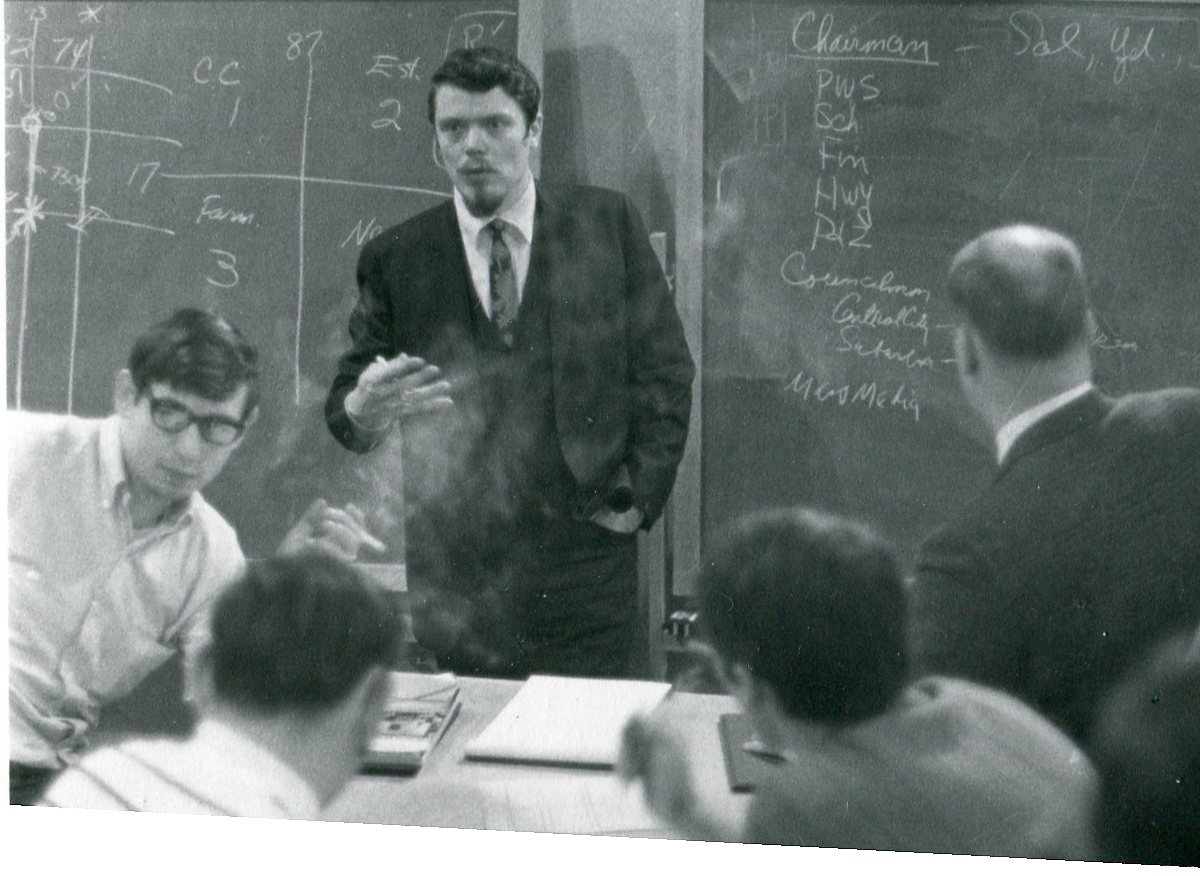Tips For College Teachers Applying At Classical High Schools

In the last several years, I have seen a handful of college profs offer sample lessons to high school students as part of the application process. While many of these college profs have what it takes to make it in a high school classroom, there are a number of common mistakes they make. For all those college profs who are teaching sample lessons at classical Christian schools over the next six weeks, I would like to offer a few pieces of advice.
One. Stand, don’t sit. I was an English major in college, so I took a lot of poetry, literature, and writing classes. Most of my profs taught while sitting down, and more often than not, college profs teaching sample high school lessons sit down to teach. Don’t. It doesn’t work. It communicates to the dean or principal observing you that you don’t understand the difference between fifteen-year-olds and twenty-year-olds, and that difference is huge. K-12 teachers have to teach with their whole bodies. They have to use their bodies and their physical presence to maintain order in the classroom. This isn’t true for college teachers, which is why some college classrooms have hundreds of students and only one teacher, whereas anything more than a 1:20 student-to-teach ratio is going to veer toward pandemonium.
Two. Skip the reception history. High school sophomores don’t care what Harold Bloom said about Macbeth. They don’t care that Bloom’s opinion of the play is different than some other well-known critic. College students care—whether they should is a separate question. It might sound sophisticated to say, “Our sophomore lit classes are run a lot like college classes,” but it won’t work any better than running a fourth-grade literature class like a college class. A high school class ought to be centered on the curriculum, not commentary.
Third. Be judicious with your time. Don’t waste the first ten minutes of your sample lesson getting to know everyone. We get it. You’re personable. Community (*fingers on left hand mesh with fingers on right hand*). You don’t have the job yet, though. And sure, the school where you’re applying has a website which talks a lot about community, personhood, teamwork, teaching students how to think, and dialogue, but the principal needs to know that you can command a classroom and say true things.
Fourth. Do some lecturing and skip the Socratic discussion. I’ve seen many college profs conduct high school classes with the same game plan they use in a Lit 510 discussion of Milton or Dante. It doesn’t work. They ask a lot of provocative questions and get a lot of short answers, bad answers, or silence. Socratic discussions work far better among older people who have a bit more experience than the average high school freshman. College profs who think a Socratic discussion on Milton will work with fifteen-year-olds end up having to joke, “You all are a quiet bunch,” to save face. If you’re teaching a one-hour sample lesson, prep a thirty-minute lecture which is interspersed by a dozen quick questions you ask students (“Can someone give me a three-word description of Odysseus’s relationship with his wife?”) to keep them involved.

Joshua Gibbs
Joshua Gibbs teaches online classes at GibbsClassical.com. He is the author of How To Be Unlucky, Something They Will Not Forget, and Blasphemers. His wife is generous and his children are funny.











1 thought on “Tips For College Teachers Applying At Classical High Schools”
Good question. How about “distant but faithful?”